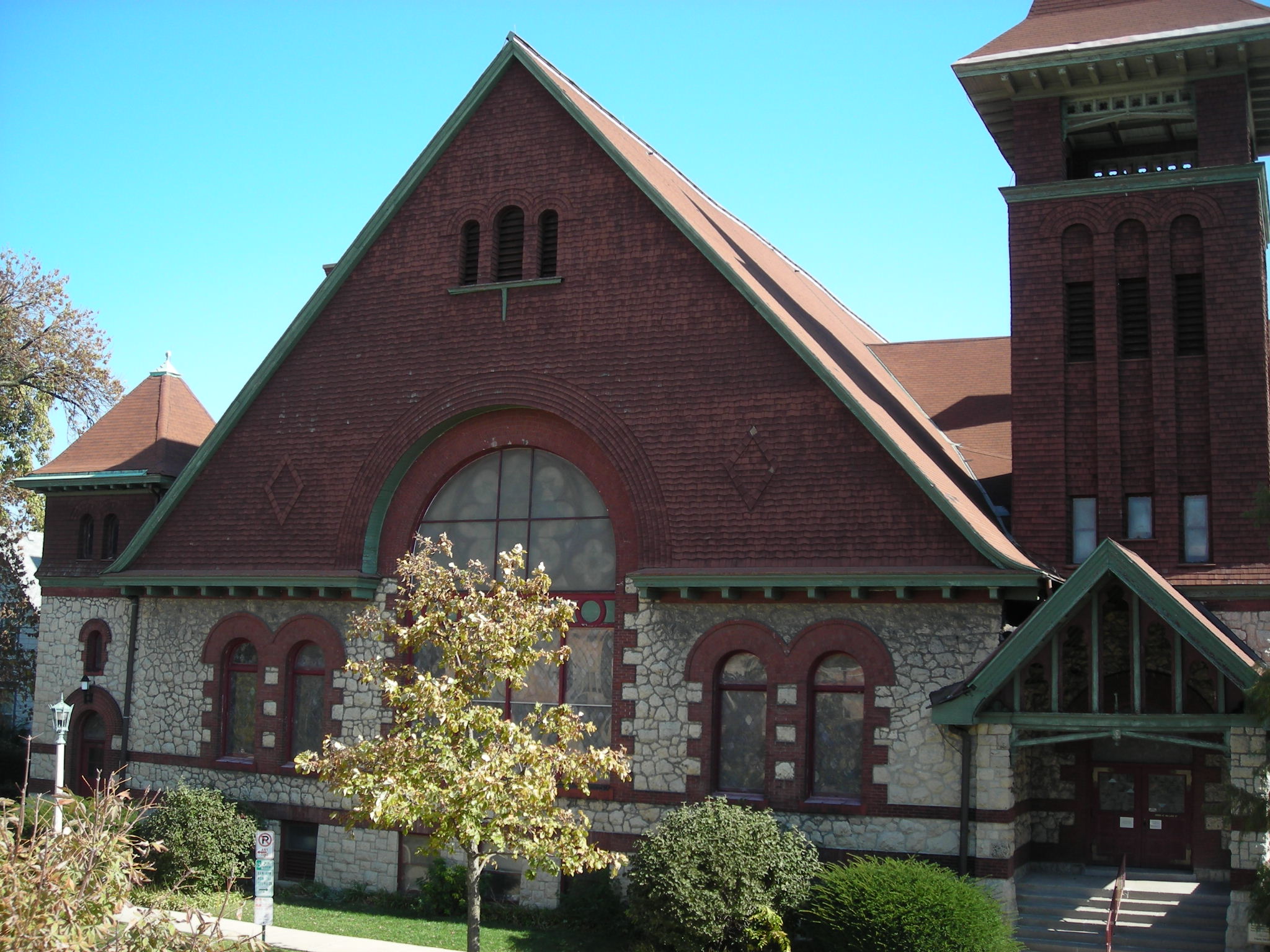
When Shea Watts and I planned our Lenten series on Christian mystics, we had no way of knowing the week dedicated to St. John of the Cross would coincide with the national onset of COVID-19. St. John, a 16th-century Spanish priest, poet, and contemplative is perhaps best remembered for his poem The Dark Night, which later would be called The Dark Night of the Soul. And here we are.
Without prompting, two different friends have recently described their current anxieties about the pandemic as a “dark night of the soul.” The phrase evokes an impenetrable void—a dangerous and desolate place that must be traversed, an experience akin to trudging through a seemingly endless tunnel.
For St. John, however, the dark night is the contemplative’s path to God. Darkness is not a sign of evil or sinfulness. It’s a symptom of inadequacies that can only be remedied by embarking on the journey. This concept didn’t originate with him. The notion of a dangerous, even painful move toward the Divine had been around since Aristotle, most famously in The Cloud of Unknowing, a 14th century, anonymously written treatise about contemplative life. Yet St. John was without equal in his conviction that knowledge of God is beyond human capacity.
John envisions the journey to God in two forays, one of senses, followed by one of spirit. In both, God’s radiant presence is so intensely experienced it thrusts everything else into sharp relief. Much like brilliant light blinds the eyes, the unknowable presence of God creates a darkness that reduces sensation to ash and spiritual pride to embers.
It’s a fascinating premise that retains remarkable currency. In the 1960s, the great Howard Thurman echoed St. John’s thoughts when he wrote The Luminous Darkness, a book about racial segregation that saw sacred splendor in black skin and culture—a divine presence so radiant it creates light in darkness and binds the many lives of humankind to the Life we call God. One might almost say the idea has become a motif in modern popular culture, ranging from the work of T.S. Eliot, F. Scott Fitzgerald and Stephen King to the music of Van Morrison and Depeche Mode.
This is the heavy week in our “Into the Mystic” series and it comes at a perfect time. Don’t miss this opportunity to explore a powerful concept that will give you plenty to ponder while we all wait out the viral storm we’re surviving together.

Gather will meet virtually via FB Live until further notice. Join us each Thursday at 7:30pm CDT as we explore the thoughts and practices of some of Christianity’s most influential mystics.
We need your help!
As we think about the future of Gather, please let us know what gifts you bring and would like to share with the community. There are many roles that have to come together to make Gather happen every week. This includes setup, technical support, worship, managing handouts and information, coordinating drinks, and teardown. We need your help. Please let us know what type of service you’d be interested in!
Watch God Work,
Tim & Shea
As we prepare to become a vibrant worshipping community, we invite you to enjoy a Spotify playlist that captures the kind of worship we hope to embrace. Give it a spin while you’re driving. Make it your workout jam. Add it to your devotional time. Most of all, feel yourself becoming part of a sacred village of believers who love their God and one another!
Check out the Gather Worship Playlist here.

